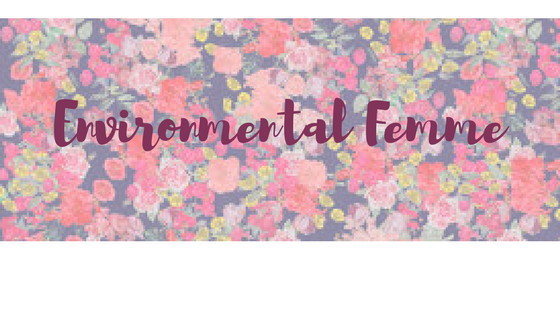Farmer-in-Training: Planning the First Garden
For the past six months I’ve worked on an urban educational farm. This has been the longest and most consistently I’ve actively done agricultural labor in my life. Even though my degree is in Environmental Studies (very on brand) my program was theory heavy and taught me much about systems thinking, agricultural histories contextualized within race, gender, and class experiences in the United States, and very little about the technicalities of growing for production. So being on the farm every day and planting radishes, using 128s and flats, having to constantly know the 10 day forecast, it all has been so refreshingly and terrifyingly new. It’s felt like a pastoral aesthetic version of a brand-new high power job in the city, and I’m Anne Hathaway still learning to walk in stilettos. The last half year has been a huge learning curve for me, and lately I feel like I’m really rounding the bend towards becoming a bonafide farmer. Well, a Farmer-in-Training. That’s what one of my volunteers calls me.
Going from studying food systems to actually growing food for the community has been eye-opening, deeply rewarding, and highly confusing. It turns out that I know a lot less than I thought I knew. While my first year out of college has made me feel significantly less confident and self-assured in general, farming has made me acutely aware of my shortcomings between my ideal self and my current self. If we lived on the liberatory farm tomorrow, we would starve and I say that without hyperbole or irony. I’m learning in deeply experiential ways from almost entirely oral instruction. There are real consequences when I fail--we lost onions last week because I didn’t water them for a day. I have to find ways to get my half broken body to do things it really doesn’t want to do and punishes me for later.
I feel connected to my great great-grandmother, Emma, who ran away from the family farm in Como, Tennessee at the turn of the century to live in Lansing, Michigan with the love of her life because he got a job at an automobile factory. I feel close to her mother, Alexandria, who lived on and ran the farm alone after her daughter left and her husband died. These are women whose handwritten recipes card (all containing lard) I have in a box but have never used. What did these women feel for the land they tended? How would they feel about their genderqueer descendant returning to this work they left behind? Putting theory into practice sometimes feels like plucking at old ghosts lost in the shuffle to city survival.
This work has also made me so hopeful. I’ve been dreaming about a summer garden and I think I’ve found a plot to grow most of my own food with a partner. There’s also a Queer + Trans garden starting up that I think I’ll be a part of, as well as a community garden at the elementary school nearest my childhood home. I can see my summer before me: full of land and sun and plant things to whisper love to. I’m excited to spend so much less money at the grocery store because I’m going to grow what I eat. Right now I’m planning on trying for tomatoes, cucumbers, brussels sprouts, peppers, radishes, swiss chard, kale, collards, lettuce, mizuna, mustard, spinach, basil, parsley, and mint. Ambitious, but I feel open to the experiment.
A lot of what I hope to grow I’ve been growing at the garden house I work in, but this will be my first time trying completely on my own. So naturally I’m nervous as hell. At work I have a brilliant and experienced farm manager (also a badass queer lady), and there’s a huge safety and comfort in that. But this summer is for a fledgling farmer season. I need to do this so I can learn through trial and error, fuck up a ton, and still come out the other side having grown things for myself and my friends. Since it’s February, I’m in the deep planning stages. Come late next month, I’ll be making moves to finalize my garden maps and start seeds. Consider this the first part of my Farmer-in-Training series.
Me with some gomphrena we grew last summer and dried for CSA distrubution. I didn't know what gomphrena was seven months ago.

